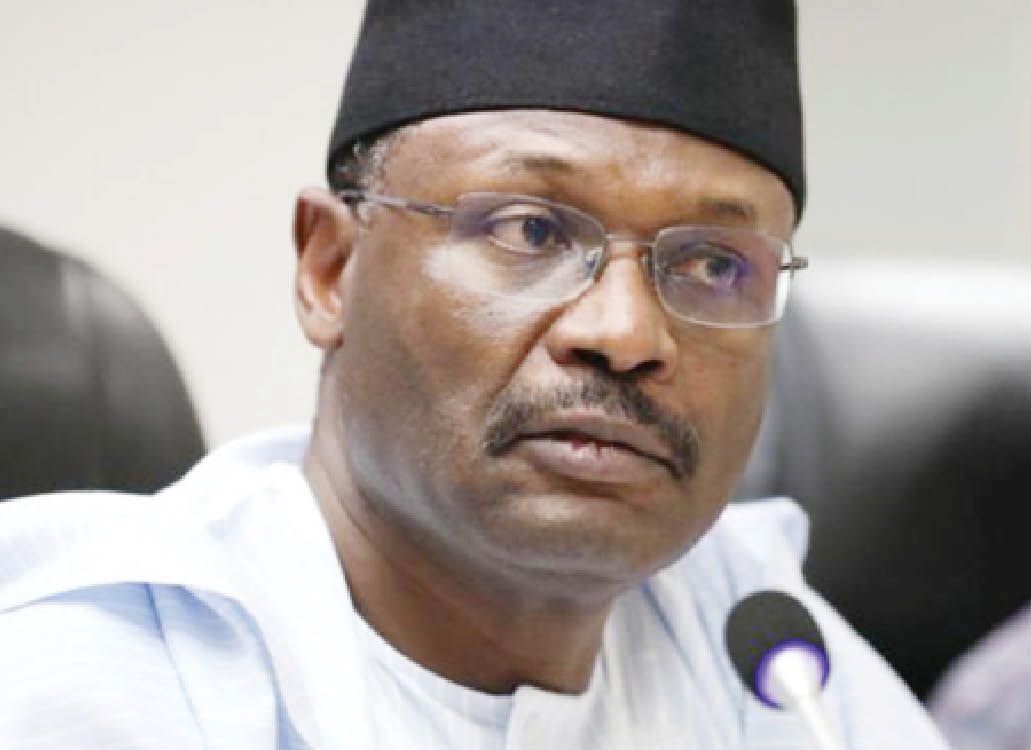The task ahead of Professor Mahmood Yakubu
The Senate on Tuesday, December 2, 2020, confirmed the reappointment of Professor Mahmood Yakubu as Chairman of the Independent National Electoral Commission (INEC). The appointment is for a second term in office. This followed his re-nomination, earlier, by President Muhammadu Buhari in a letter read in the upper chamber on November 25, 2021. Presenting the […]

INEC Chairman, Prof. Mahmood Yakubu.
The Senate on Tuesday, December 2, 2020, confirmed the reappointment of Professor Mahmood Yakubu as Chairman of the Independent National Electoral Commission (INEC). The appointment is for a second term in office. This followed his re-nomination, earlier, by President Muhammadu Buhari in a letter read in the upper chamber on November 25, 2021.
Presenting the report of the Senate Committee on INEC, the Chairman, Senator Kabiru Gaya, said following its screening it found Yakubu capable of continuing in the position as he displayed a high level of intelligence during his screening. He added that Yakubu is “a man of integrity’’.
Senator Gaya also said the committee did not receive any petition against the reappointment.
By his confirmation, Prof Yakubu has become the first INEC chairman to get a second term in the history of electoral umpires in the country.
Another noticeable issue is that all the senators who spoke after the submission of the report, only had accolades for him. Noteworthy is the fact that majority of them are from the opposition PDP.
It is true that in the last five years Professor Yakubd strived to chart the commission into a credible institution where he, in spite of so many deliberate attempts by politicians, tried to ensure the strict observance of electoral rules during elections.
These include the use of technology to enhance the conduct and credibility of elections and ensuring strict adherence to the rules by all those involved in the process.
This is, however, not to say that the electoral umpire, under his leadership, has not had its fair share of blame in the conduct of elections, especially where some of its officials flagrantly violated the rules.
The commission also experienced situations where it was forced to postpone or cancel elections due to some logistical hitches.
It was also forced to work within limitations of the law due to the non-passage of the amendments to the electoral act.
However, the task ahead is not going to be rosy, especially with the 2023 general elections just two years away. It is heartening that Prof Yakubu, during his screening admitted to this. He also told the committee that the commission would work hard to ensure that elections are not postponed unnecessarily and to improve in voter turnout through more voter education.
It is imperative to say that the time to start is now. Two years may look a long time but the enormous work ahead needs INEC to quickly start and ensure things are put in proper shape.
The commission, the Executive and the National Assembly must as a matter of priority, begin to work on all relevant legislation that will enhance the credibility of the elections. Leaving this until the last minute only succeeds in generating more confusion and mistrust in the electoral process.
The chairman must also ensure the training and retraining of his staff to enable them to discharge their duties creditably. In line with this is to further keep tab on all those charged with electoral duties and punish those who violate the rules for their gains.
More importantly, political parties must cooperate with INEC to ensure full implementation of the laws and avoid unnecessary bickering.
The government must also ensure that all the necessary financial requirements of the commission are released promptly to guard against last minute rush, which often leads to hitches during elections.
Indeed Prof Yakubu has made history but he has a better chance to write his name in gold if he uses the next five years to make INEC a better institution that delivers credible elections.
